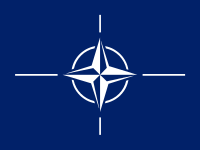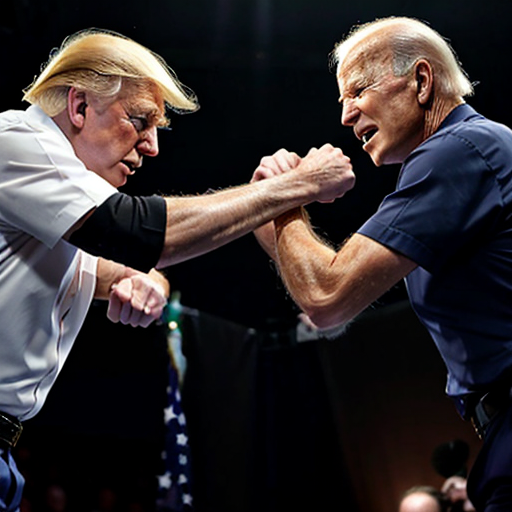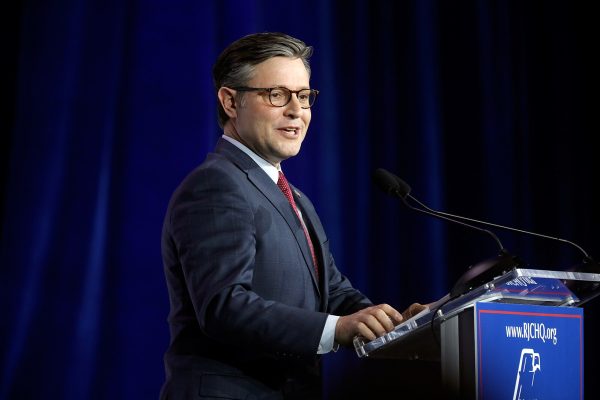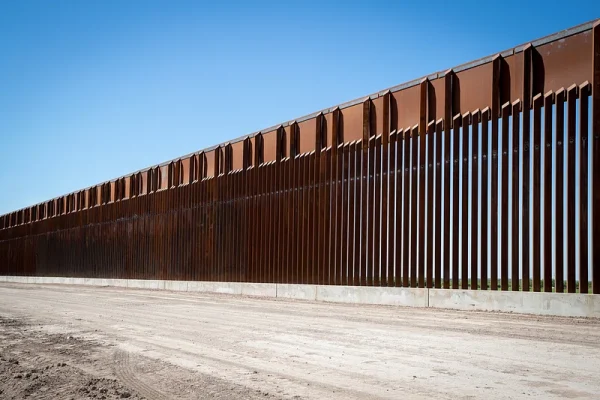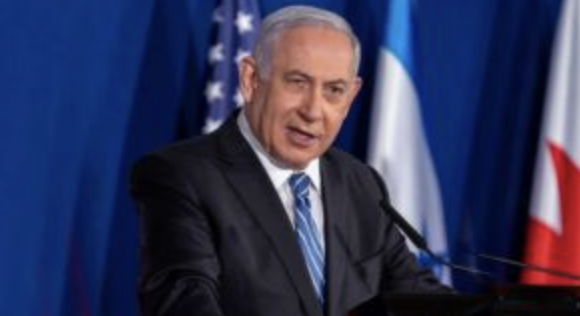Unbalanced funding questions NATO’s effectiveness
March 5, 2017
The North Atlantic Treaty Organization (NATO), a worldwide collective security alliance consisting of twenty-eight nations, is currently receiving criticism from the United States (U.S.) government and President Donald Trump. During his February 28th congressional address, Trump vocalized that NATO members must uphold their spending obligation of 2% national GDP. In 2016, the U.S. spent $664 billion of the overall $918 billion NATO defense budget, questioning many NATO members’ commitment to global security.
Despite Trump revealing that twenty-two NATO members are steadily increasing funding, only five NATO nations currently adhere to the spending requirement of 2% GDP: the U.S. Greece, the United Kingdom, Estonia and Poland. Additionally in 2016, the U.S.’s spending represented 72% of the NATO defense budget, double the combined funds of the twenty-seven other members.
To ensure the cooperative nature of NATO, each member must abide by the 2% GDP investment. The action would not only fairly divide the NATO defense budget, but also generate an impactful role for NATO members because a spending increase would express their commitment to the organization. Additionally, members must increase spending to exemplify that NATO is not an organization of American dominance since America contributed 72% of the NATO defense budget in 2016. If members raise their spending to 2% GDP, it would prove NATO as a worldwide organization rather than an organization solely focused on American interests worldwide.
However, the spending issue must not detract from NATO’s instrumental cooperation against multiple threats to global security including Russia and North Korea. For NATO members to continue to combat forces that threaten global security, members shall raise their spending amount to 2% GDP to obtain intelligence and security benefits harmonious to an increased defense budget. This was illustrated by NATO members Latvia and Lithuania increasing their defense budgets by 42% and 34% respectively in 2016 to resist Russian aggression.
In order to sustain global security, NATO must create an effective solution that requires all members to abide by the 2% GDP regulation, and in times of critical conflict, unite as one global defense force.




